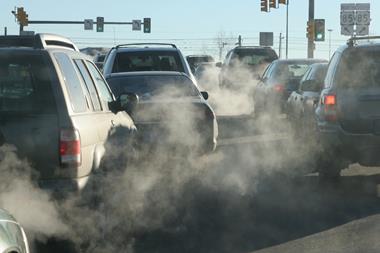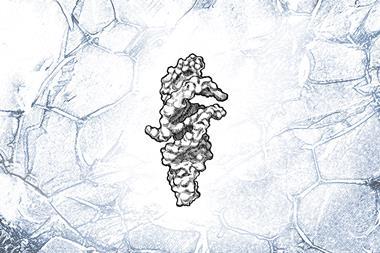Polybrominated diphenyl ethers in cormorants and terns has fallen by 74-93% in a decade
Levels of the flame retardants polybrominated diphenyl ethers (PBDEs) have dropped dramatically in the wildlife of the San Francisco Bay since government regulations led to an industry phase-out a decade ago. Action was taken on PBDEs in the US when evidence emerged that the chemicals can bioaccumulate and may be toxic.
In 2003, California passed the first state-wide ban on PBDEs that covered octaBDE and pentaBDE. Shortly thereafter, manufacturers of pentaBDE and octaBDE agreed to voluntarily cease producing them. In 2006, the US Environmental Protection Agency passed a rule banning pentaBDE and octaBDE production.
The study by the San Francisco Estuary Institute found that PBDE levels in cormorants and terns in the bay declined by 74–93%, and levels in sport fish had fallen by nearly half. In addition, the researchers determined that levels of these chemicals in mussels and bay sediment had fallen significantly.












No comments yet